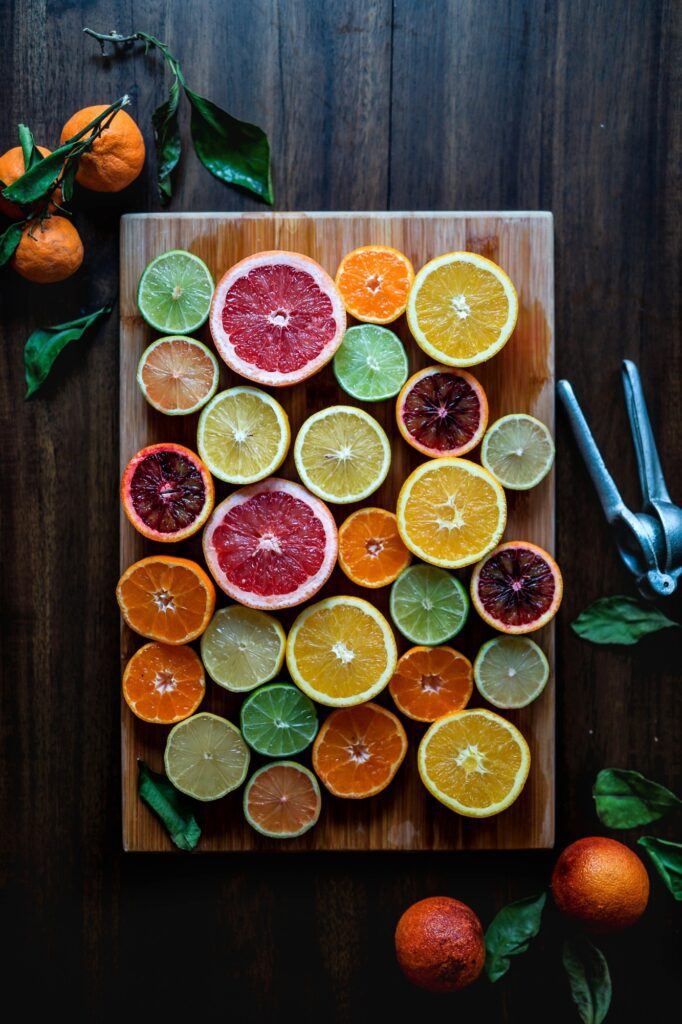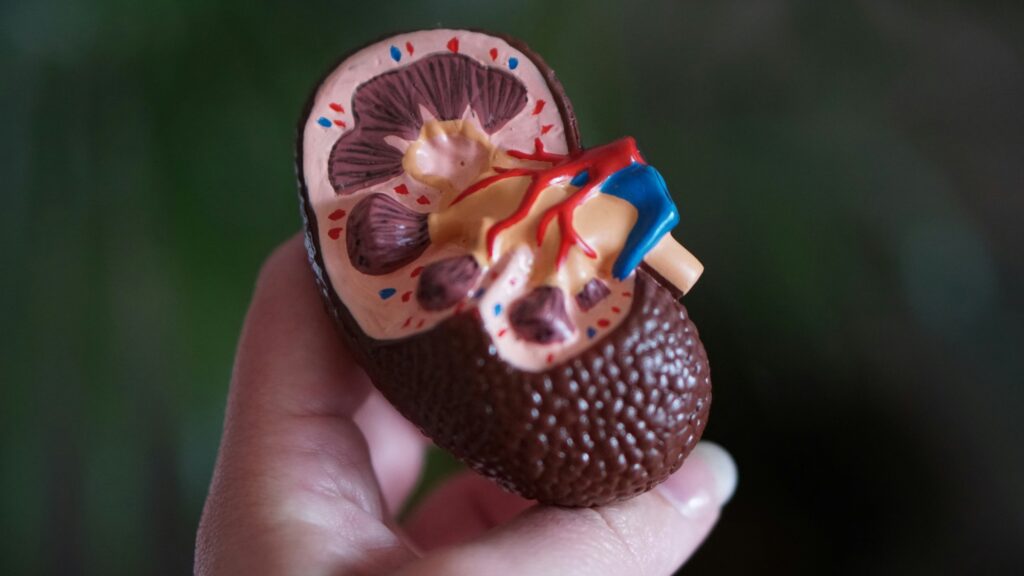
What type of diet should the dialysis patients be following?
Hemodialysis has revolutionized the field of kidney healthcare over the last 100 years.
The patients with chronic kidney disease if they are on hemodialysis have the advantage that most of the foods which would otherwise be restricted pre dialysis would become permitted after starting on dialysis.
The common questions raised by patients on hemodialysis would be about what to eat and what to avoid in their daily diet.
In this short blog we discuss how to go ahead as far as diet in this category of patients is concerned.
The dietary goals can be broadly classified as-
1. Better quality of life
- Avoid any malnutrition or undernutrition
- Improve the longevity
- Better outcome after a transplant (if it has been planned)
We will look into each of the component of diet concerned with hemodialysis patients.
DIETARY ENERGY
- The recommended calorie input for maintenance hemodialysis patients is 35kcal per kg weight for patient younger than 60 years and 30 kcal per kg weight if older than sixty years.
- Fifty percent of the total calories should include carbohydrates;fat should contribute to 30% and protein should be 20% of the total calories.
- In diabetics energy intake recommended is 25-30kcal/kg/day and hyperglycemia should be avoided as much as possible.
FLUID INTAKE

Recommended fluid intake is approximately 1000 ml in a day.
This fluid should include all liquids consumed over 24 hours time like
Water
Milk
Coffee
Tea
PROTEINS
The recommended dietary protein intake in Dialysis patients is 1.2g/kg bodyweight/day
The patients who are on maintenance hemodialysis should be maintaining diet with protein contributing to 50 percent of biological value.
The common protein rich food to be considered are
-Lean chicken
-Soya
-Fatty fish
-Low fat milk
-Egg white
-Yoghurt
The patients who are on dialysis should be encouraged to take high protein food as mentioned to adjust for the protein loss during dialysis and to reduce protein catabolism.
The patients are likely to end up in malnutrition inflammation syndrome and muscle wasting if adequate protein intake is not maintained while being on such dialysis therapies.
SALT INTAKE

Since dietary intake of salt has direct effect on blood pressure levels and owing to the fact that most of these patients are on multiple antihypertensive medications; it is recommended that daily sodium consumption should be less than 2 g per day.
The general advice would be to avoid high salt foods like
- Pickles
- Pappad
- Ketchup
- Sauce
- Chips
- Processed meat and fish
- Canned fish
PHOSPHORUS
In endstage kidney disease the patient may develop high phosphorus levels due to various factors including decreased excretion.
Hyperphosphatemia can have various adverse effects like increased cardiovascular adverse effects and mortality,vascular calcifications,persistent pruritus and overall poor quality of life.
Apart from hemodialysis and hemodiafiltration which decreases phosphorus levels there are medications which decrease levels.
Diet plays a very important role in reducing phosphorus levels.
The patient should be educated regarding avoiding or restricting high phosphate foods like
- Cola drinks
- Snack bars
- Cheese
- Diary products
- Processed meat
- Dry fruits
- Baked foods
POTASSIUM
In patients who are on twice weekly or thrice weekly maintenance hemodialysis the matter of great concern is the risk of hyperkalemia.
Hyperkalemia can cause sudden cardiac arrhythmias, arrest and sudden death.
The potassium intake should be restricted to less than 1 meq/kilogram body weight every day.
The patients should be trained about how to leach potassium from the vegetables.
Most of the foods in Asian cuisine have high potassium and it is important that the patient is aware which specific foods to avoid.


The patients with no residual kidney function and have no urine output should have more strict control of potassium.
The general advice is to avoid food with high potassium content like
- Green leafy vegetables-spinach
- Mustard leaves
- Fruits-Jackfruit
- Mango
- Banana
- Ctrus fruits like lemon,oranges
- Dry fruits like cashew,almond,pistachio, walnuts.
- Red tomato
- Indian gooseberry
- Vegetable soup
- Drumstick
- Jaggery
- Coconut water
Conclusion
In a patient with kidney disease on hemodialysis ,diet forms a major aspect of how good the quality of life can be maintained
Following a strict balanced diet pattern is vital to prevent any adverse health consequences.
References
Related content


